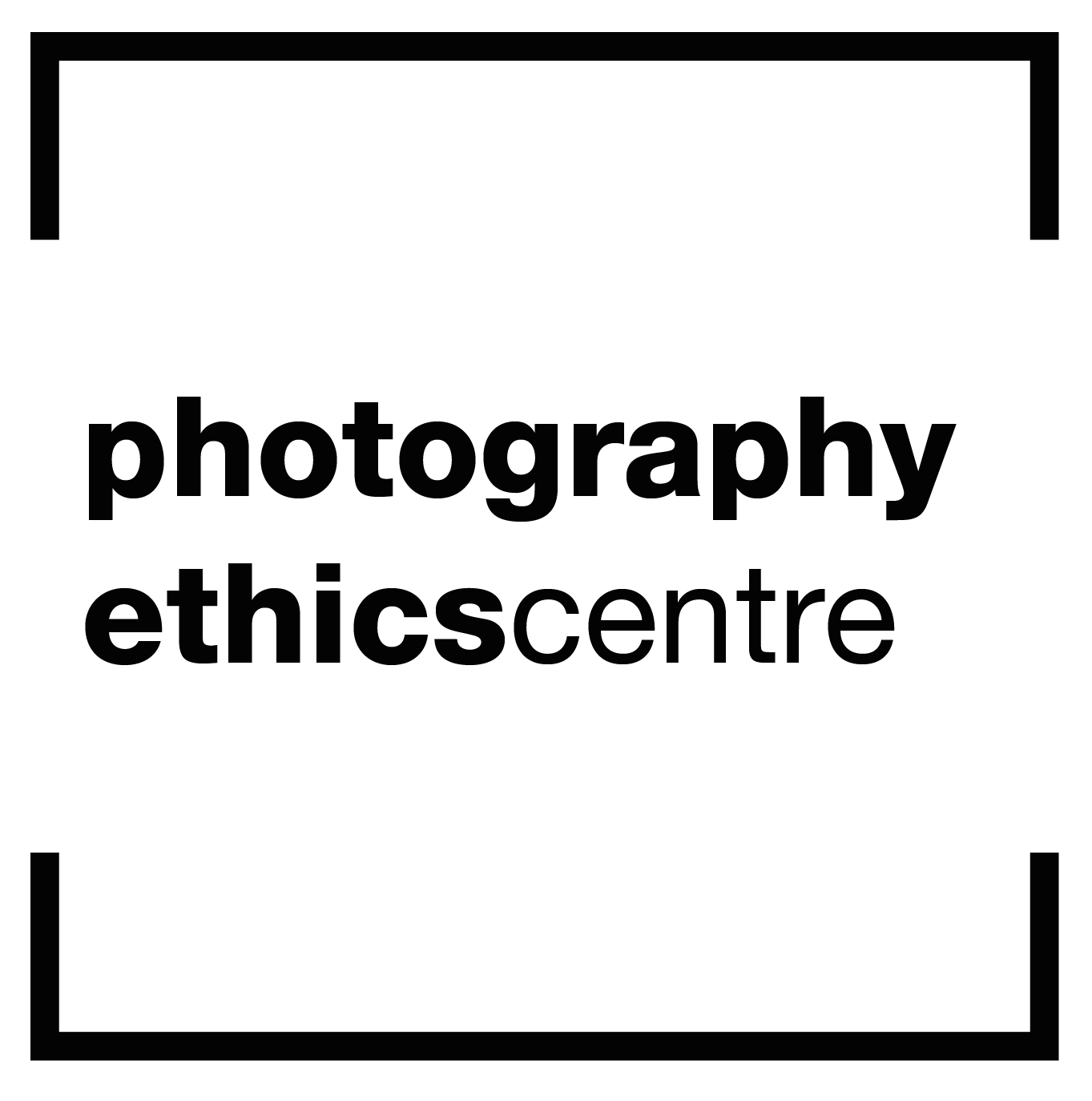Tamara Abdul Hadi: On what we have seen
In this episode, we talk with Tamara Abdul Hadi about what we have seen. She discusses how she develops relationships with marginalised people, and the importance of having the right intentions as a photographer. Tamara recounts some of her personal experiences with photography ethics, and how they have altered her perspective. She highlights the need to have a critical eye when it comes to the historic photographic narrative of Iraq, of who is choosing the photographs and why. Beyond this, Tamara talks about what photography means to her and passes on some advice for young photographers.
What you’ll find inside:
“As an Arab documentary photographer, what I really love to do, and what really drives my work, is getting to know people, getting to know subcultures. Getting to know specifically those marginalised within my own community. And what I do with my work is I create opportunities to interact with and learn from these groups, which are often subjected to stereotyping and misrepresentation.” (2:23)
On a moment in Palestine that altered Tamara’s perspective on photography ethics (7:00)
“Ok, now I can really try to think about why I am taking photos, and what I’m trying to say through the photos. And how actually I can represent people. It’s not like I’m taking away their power by representing them. You know, you can amplify voices through photography. You can do the opposite of that, right? You can do the opposite of taking away power.” (13:54)
“There’s a lot to unpack and a lot to think about in terms of these sort of repeating visual regimes that keep repeating themselves and we ingest them, but it’s because we are used to seeing them. … How does Iraq fit into photographic history? And what have we been used to seeing in terms of the visual regime of Iraq? And what have we been taking in visually about the country?” (18:29)
“I think we need to open up and think about how certain places are being represented, and if we feel like we can add to that, then that’s what we should do.” (23:27)
On the cover image of the Latif al-Ani book: “The cover of the book is basically a photograph in Iraq in an area called Taq Kasra, which is like a historical Iraqi ruin. And it’s basically a photo of an older Iraqi man sitting on the floor playing with an instrument called the rebaba. And standing over him are two people, a couple, and the caption of the photo is ‘US couple, or American couple, at Taq Kasra.’ … It’s like, who decides, like why is this photo the one that’s supposedly the representative photo of all the photos in that archive and in his book?” (28:19)
Advice for young photographers: “To connect with people that were like-minded, to have conversations with other people that seemed to be doing similar things to me or thinking similarly.” (34:14)
“It’s also important for people to ask themselves, like try to figure out why you want to be a photographer. If it’s just because you want your photos in the magazine, you should consider other reasons why you might want to be a photographer. … For me, I realised that I’m doing this because it’s what keeps me going. It inspires me. It makes me feel like it’s a part of who I am. … And then on a wider level, I continue doing work because I hope that the work I do can be part of a conversation. That it can enter conversations with other people who could be doing work with a similar intention.” (35:21)
What does photo ethics mean to Tamara?
“Photography ethics means everything to me, I think. It means that I have to think before I photograph. It means that I have to be sensitive when I’m photographing. It’s very, very multilayered and it’s extremely important to think about and should be spoken about more.” (38:30)
Links:
Tamara Abdul Hadi is an Iraqi photographer whose work is concerned with the historic and contemporary representation of her own culture, in its diversity. As well as being a photographer, Tamara is an educator who has given photography workshops in Palestine, Egypt, Iraq, Lebanon, the UAE, Kuwait and Tunisia. In 2016, Tamara along with her collective, Rawiya, presented a documentary photography storytelling workshop in Gaza. Her work has been published in The New York Times, The Guardian, The Wall Street Journal, and more. Tamara was a founding member of Rawiya Collective, a photography co-operative of female photographers in the Middle East. She is also a member of We Are The Medium, an artist collective comprised of interdisciplinary artists working independently. Her photographs have been exhibited internationally in countries including the UAE, Lebanon, France, the UK, and the US.
See more of her work at: http://www.tamarabdulhadi.com/
This podcast is supported by the Rebecca Vassie Trust, a UK-based charity which promotes the art of narrative photography through granting bursary awards to up-and-coming photographers, and funding public education projects like this one. This podcast has full editorial independence, and the views expressed in this series are not necessarily those of the Trust.
